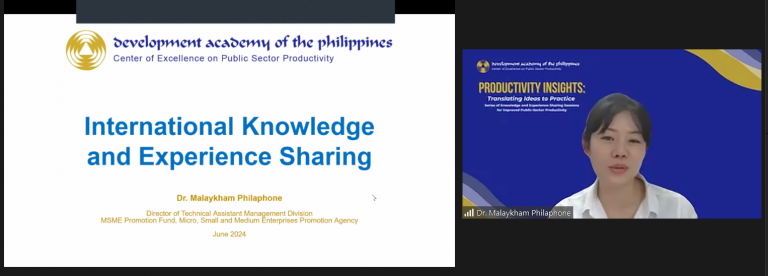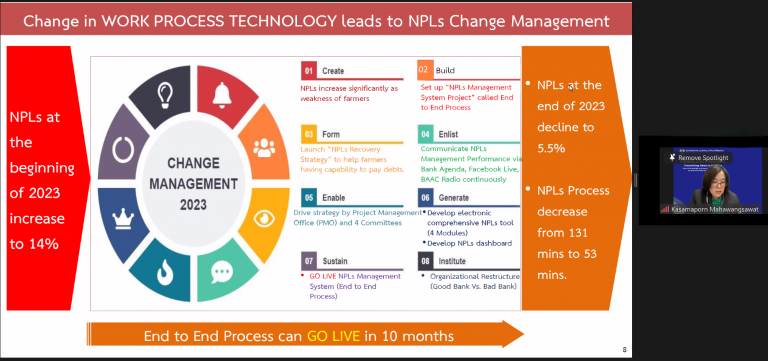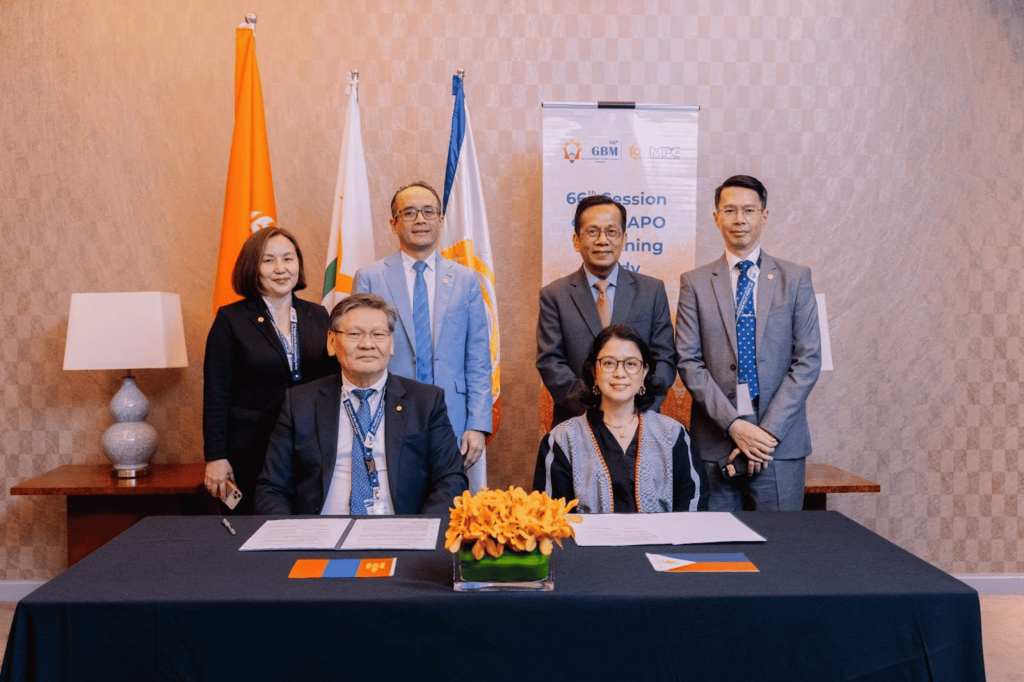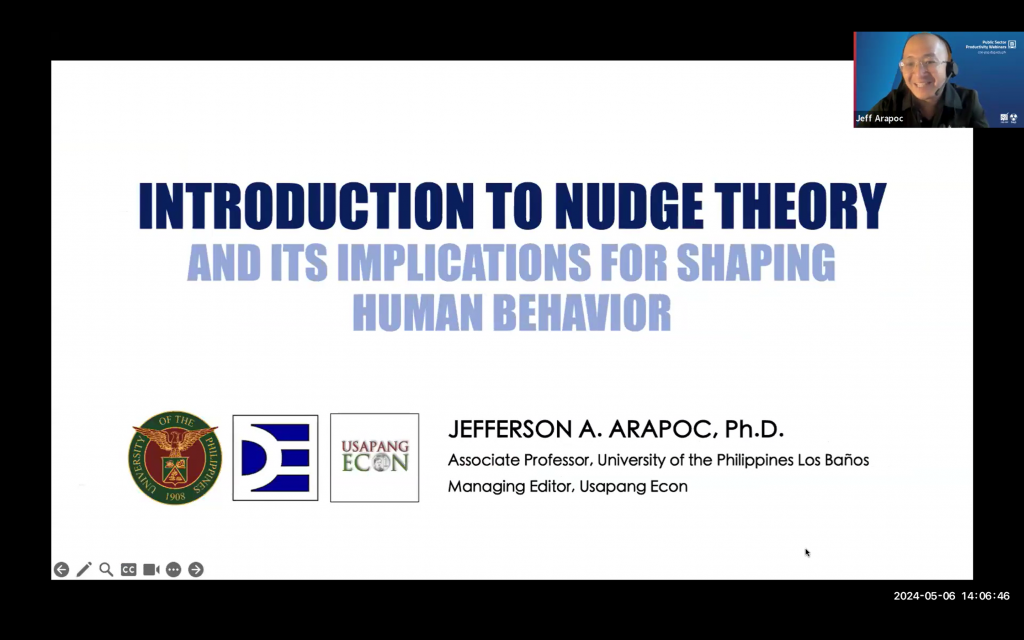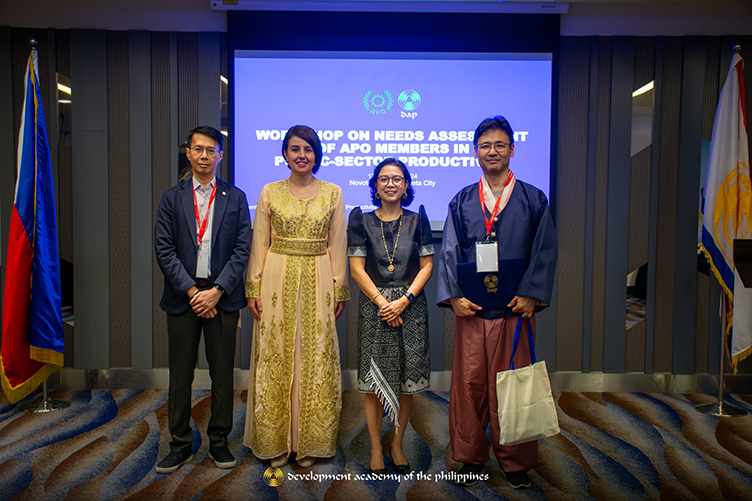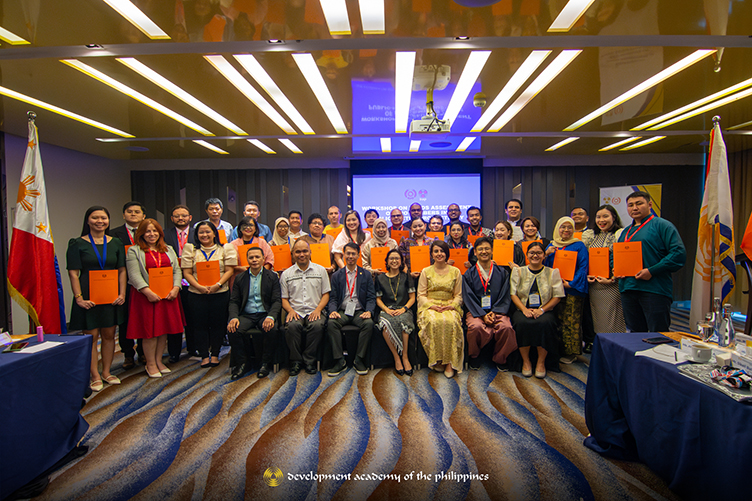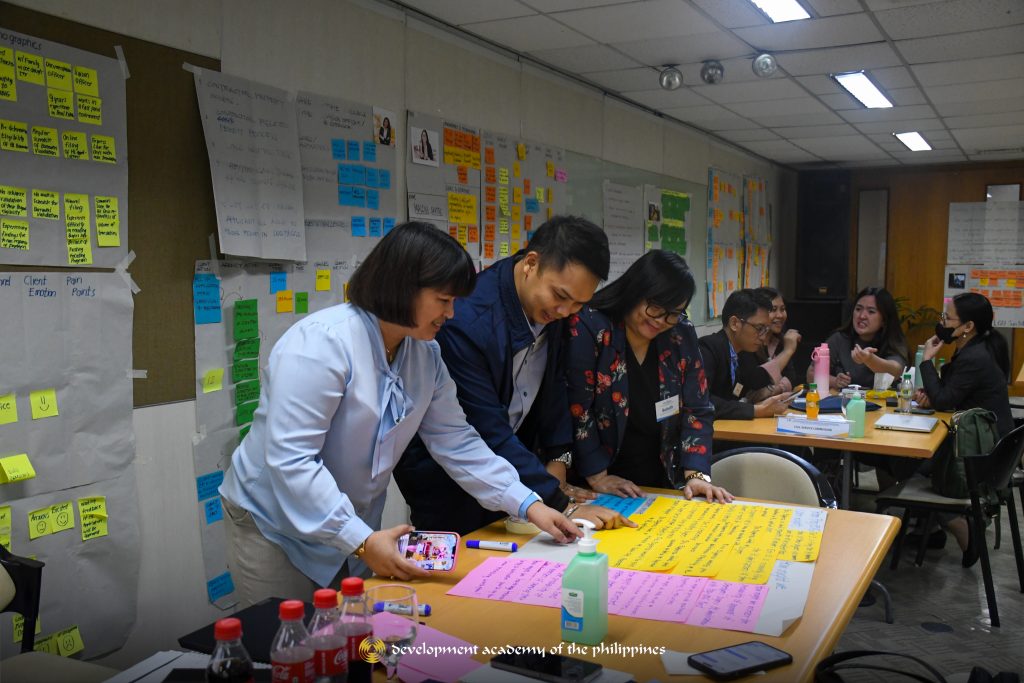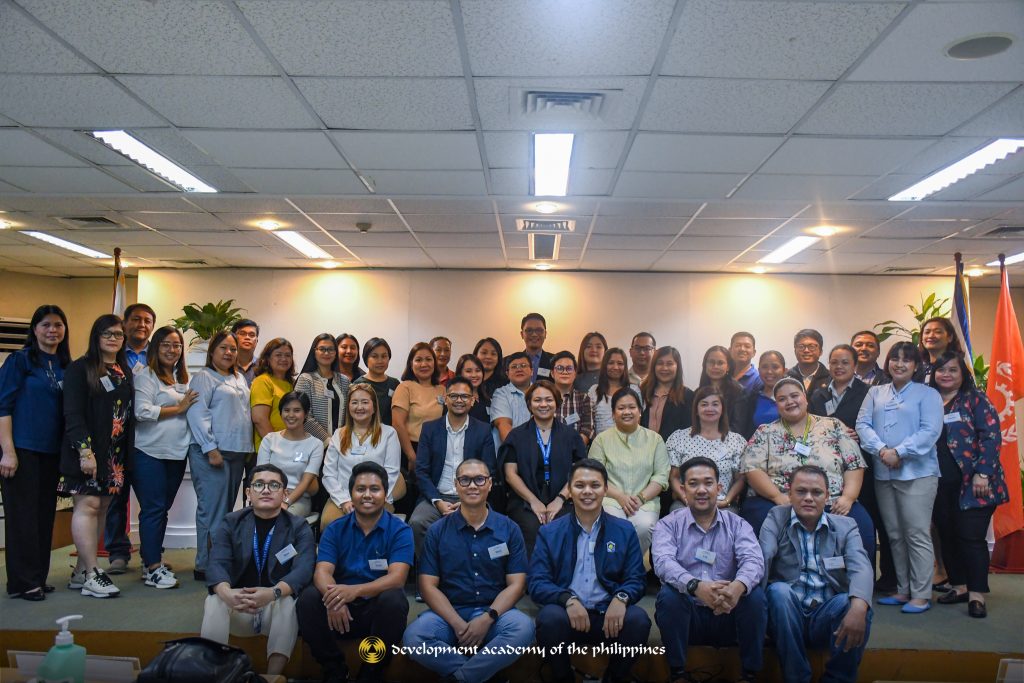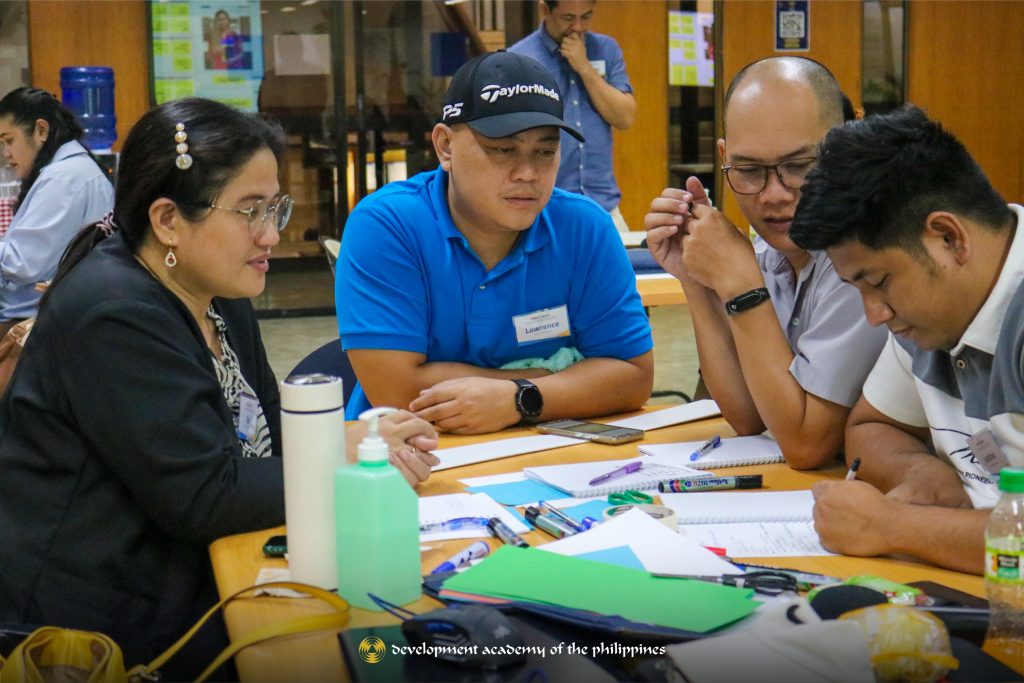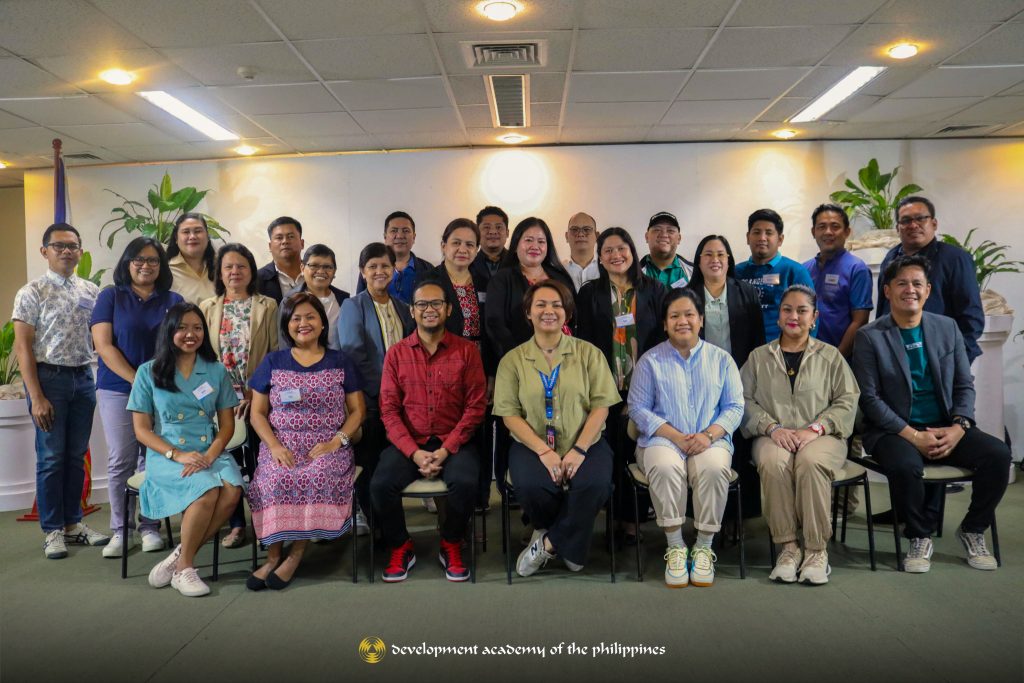The fourth virtual Productivity Insights session featured an in-depth presentation on the “Performance Enhancement Through Digital Management System (DMS)” by the National University of Modern Languages (NUML). Held on June 28, 2024, the session was led by NUML Pro Rector Dr. Muhammad Zubair Iqbal and attracted over 300 participants from state colleges, universities, local government units, and government agencies.
Dr. Iqbal outlined NUML’s strategic vision and organizational restructuring aimed at fostering innovation and research alongside academic excellence. He emphasized the university’s efforts to address challenges in productivity and efficiency across its campuses in Pakistan and China. The transition to a unified digital platform replaced subjective evaluations and manual data handling, enhancing transparency and eliminating biases. NUML’s DMS centralizes faculty data, including academic credentials, research publications, financed projects, and administrative duties, ensuring accurate and verifiable information.
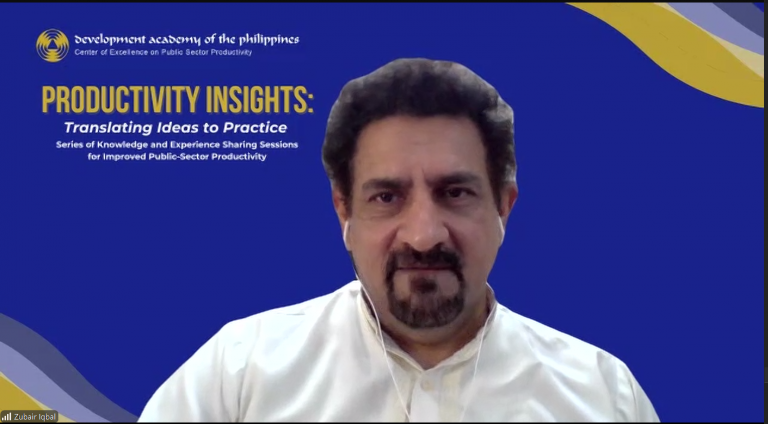
Dr. Iqbal demonstrated the user-friendly interface of the DMS, highlighting features such as improved institutional memory, real-time faculty activity tracking, and automated data administration. This technology streamlines performance reviews, facilitates certification procedures, and enhances global rankings by providing precise data. NUML’s implementation of the DMS sets a new standard for productivity enhancement in Pakistan’s higher education sector, reflecting its commitment to becoming a leading institution in knowledge creation and inclusive education.
In concluding the session, Dr. Iqbal stressed the importance of effective leadership and organizational management. He advocated for inclusivity, urging stakeholders to discuss goals and evaluation criteria, and emphasized the need for organizational structures that surpass individual contributions. He encouraged other universities to learn from NUML’s experiences and access their data for mutual development and progress.
Productivity Insights is a series of knowledge and experience-sharing sessions showcasing best practices from local participants and APO-member economies to boost innovation and productivity in the public sector.
This article is originally posted on: https://dap.edu.ph/4th-productivity-insights-features-numl-performance-enhancements-through-dms/

